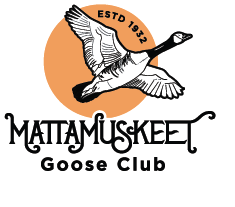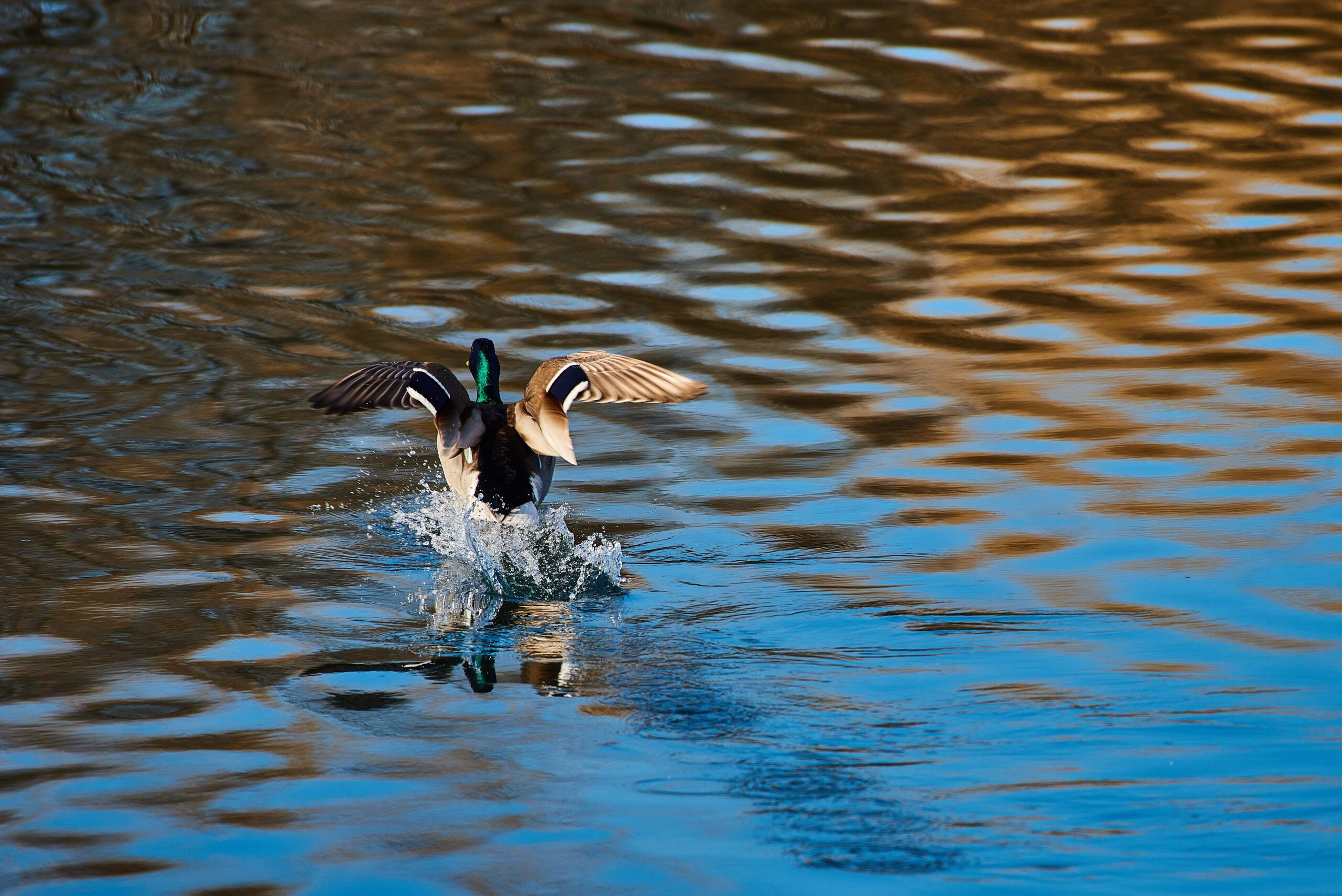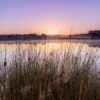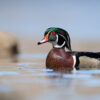Waterfowl hunting has always been more than just a sport in North Carolina—it’s a tradition rooted in the land, the people, and the incredible natural resources of the state. At the heart of this tradition is the Mattamuskeet Goose Club. This destination has connected generations of hunters through its rich history, strong community, and unparalleled access to the waterfowl-rich environment of Lake Mattamuskeet. Since its founding, the club has stood as a symbol of heritage and camaraderie, where hunters gather not only for the thrill of the hunt but also to be part of a story that stretches back decades.
Lake Mattamuskeet itself is one of the most historic natural landmarks in North Carolina. As the state’s largest natural lake, it has long been a gathering place for migratory birds traveling along the Atlantic Flyway. This natural draw has shaped the region’s identity, and it is the foundation on which the Mattamuskeet Goose Club was built. Early hunters quickly realized that the abundance of geese and ducks in the area created opportunities unlike anywhere else in the state, and the club was established to provide access to this resource while preserving its traditions.
From its earliest days, the club was about more than just harvesting birds. It was about creating a community of hunters who shared a deep respect for the land, the wildlife, and one another. Decades ago, the facilities were much simpler, and the hunts relied on basic gear and handmade decoys, but the spirit of those early hunts is the same spirit that exists today. Members and guests of the club have always valued camaraderie, storytelling, and the sense of belonging that comes from being part of something larger than themselves.
Over the years, as hunting practices and technology evolved, the club adapted while keeping its traditions intact. Today’s hunters benefit from upgraded blinds, improved decoy spreads, and the guidance of seasoned professionals, but the experience still carries the same authenticity. Many hunters who grew up hearing stories of the club from parents or grandparents now return with their own children, passing down skills and memories that keep the tradition alive. This generational connection is one of the strongest aspects of the Mattamuskeet Goose Club legacy.
Another key part of the history is the role of conservation. The club has always emphasized sustainable hunting practices and respect for the environment. By managing habitats, maintaining wetlands, and working within state hunting regulations, Mattamuskeet Goose Club has helped ensure that waterfowl populations remain healthy for years to come. This balance between tradition and responsibility is a defining part of the club’s identity, and it continues to guide how hunts are organized today.
Hunters who visit for the first time often notice how much the past is still present in every aspect of the club. The stories told in the blinds, the old photographs that hang on the walls, and the knowledge passed down by guides all reflect a rich history that stretches back decades. It is this combination of heritage and modern expertise that makes the club more than just a hunting destination. It is a place where history comes alive with every hunt, and where each new season adds another chapter to an ongoing story.
The history of Mattamuskeet Goose Club is not just the history of one club but also part of the larger history of hunting in North Carolina. The region has long been known as one of the best areas for waterfowl hunting in the eastern United States, and the club has played a significant role in maintaining that reputation. As hunters look to the future, the lessons of the past remain just as relevant, reminding everyone who visits that they are part of something lasting and meaningful.
For those who want to learn more or even become part of this tradition themselves, booking a hunt is the best way to experience the club firsthand. Details about guided goose hunts, season information, and history can be found on the Mattamuskeet Goose Club website. For more insight into the broader history of hunting traditions across the state, the North Carolina Museum of Natural Sciences offers exhibits and resources that highlight the cultural and natural heritage that make this region so special.












